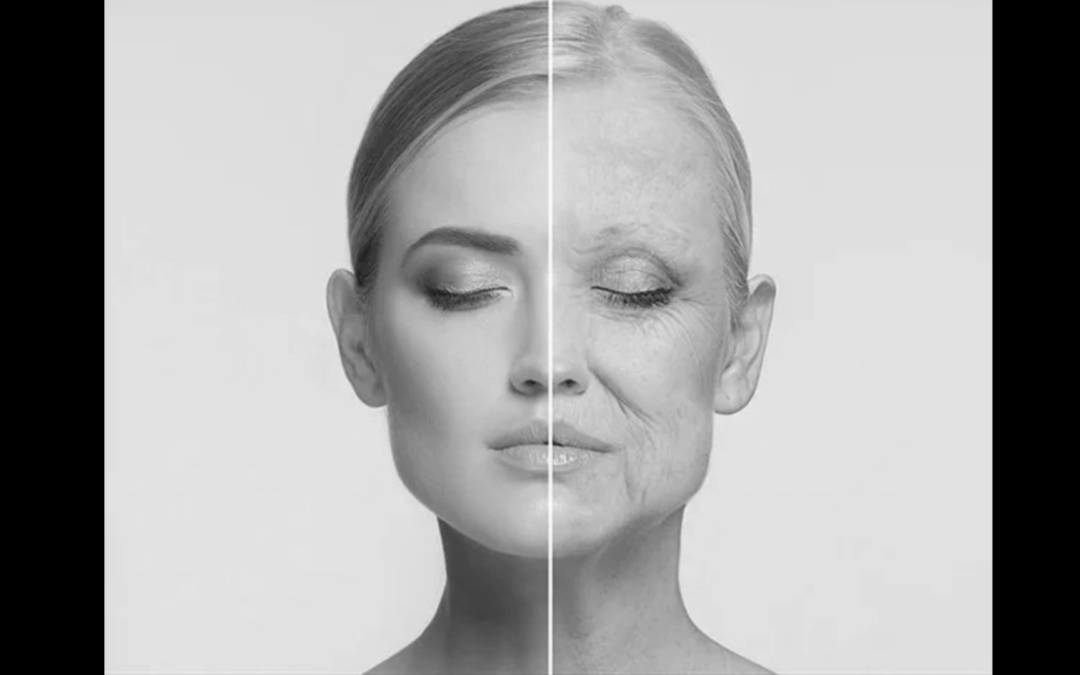Muscle can regenerate itself through a complex process involving multiple steps and players, including the immune system. As we age, our muscles lose their ability to regenerate.
A new study led by Joana Neves and Pedro Sousa-Victor, group leaders at the Instituto de Medicina Molecular Joo Lobo Antunes (iMM,Portugal), and published in the journal Nature Aging, demonstrates that it is possible to modulate the function of immune cells in aged mice to restore their ability to regenerate muscle.
The researchers discovered a protein that promotes the ability of a subset of immune cells, macrophages, to clear residues in regenerating muscle.
“We discovered that the behaviour of macrophages changes with age in mice. Macrophages are immune cells that can phagocytose, or the process of ingesting and eliminating particles within cells “Joana Neves, group leader at iMM and co-leader of the study, explains.
“Macrophages are responsible for clearing dead cells from the muscle after injury during regeneration, which is a normal step in the process of muscle regeneration. Macrophages clean the ‘dirt’ from the muscle like a cellular hoover cleaner “Joana Neves adds.
The researchers discovered that macrophages in old mice have lower levels of a protein called MANF, which is essential for this process. “In fact, this protein is so important in this process that lowering MANF levels in macrophages in younger mice impairs their ability to regenerate muscle,” says Neuza Sousa, iMM student and first author of the study. “However, increasing the levels of the protein MANF in aged muscle is sufficient to restore muscle’s regenerative capacity,” Neuza Sousa continues.
Pedro Sousa-Victor, co-leader of the study and group leader at iMM, comments on the study’s implications for regenerative medicine and ageing “The ability to repair aged or diseased organs using stem cells is a central promise of regenerative medicine. This method is likely to become an effective strategy for organ rejuvenation, with the potential to extend human life by delaying age-related diseases. Our findings indicate that immune ageing is a significant impediment to the regenerative capacity of aged muscle.”
The ability of aged and diseased organs to regenerate limits the clinical success of current stem-cell-based therapies. The researchers discovered an immune modulator that can be used to improve the function of the immune system in aged muscle in this study. “We believe that MANF could be used as a supplement to improve the efficacy of current muscle regenerative therapies in the future,” Pedro Sousa-Victor concludes.
These findings could be used in the future to promote the immune system’s reparative function and improve the success of current stem-cell-based therapies for muscle regeneration.

Erin Balsa is a highly skilled and knowledgeable health journalist with a passion for educating the public on important health and wellness topics. With extensive experience in both traditional and digital media, Erin has established herself as a trusted voice in the field.

